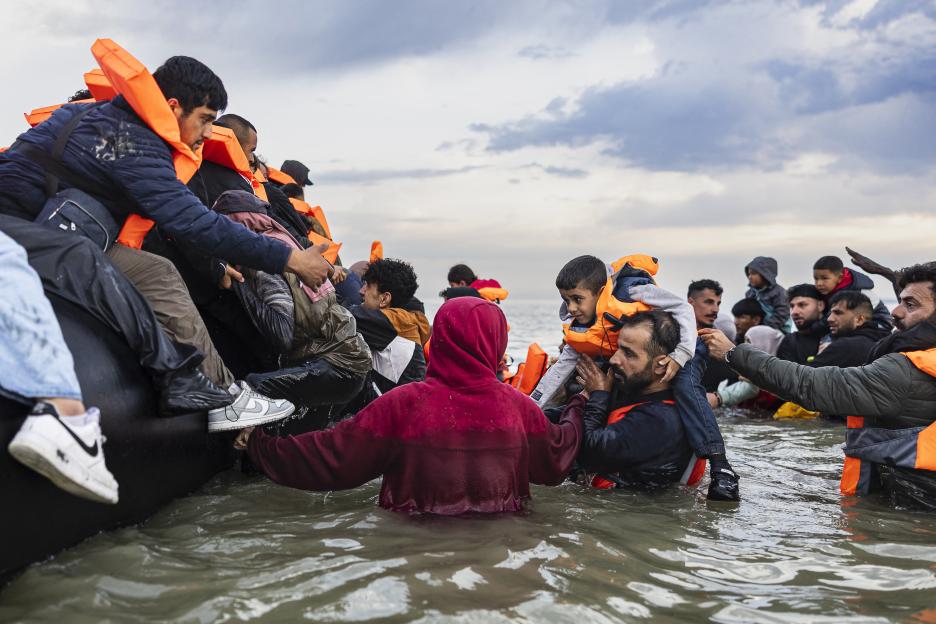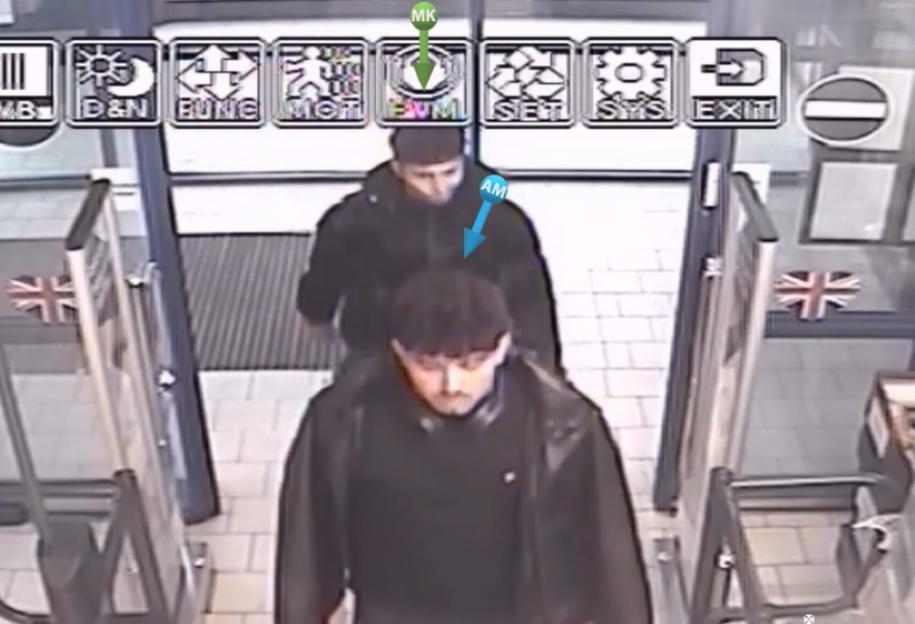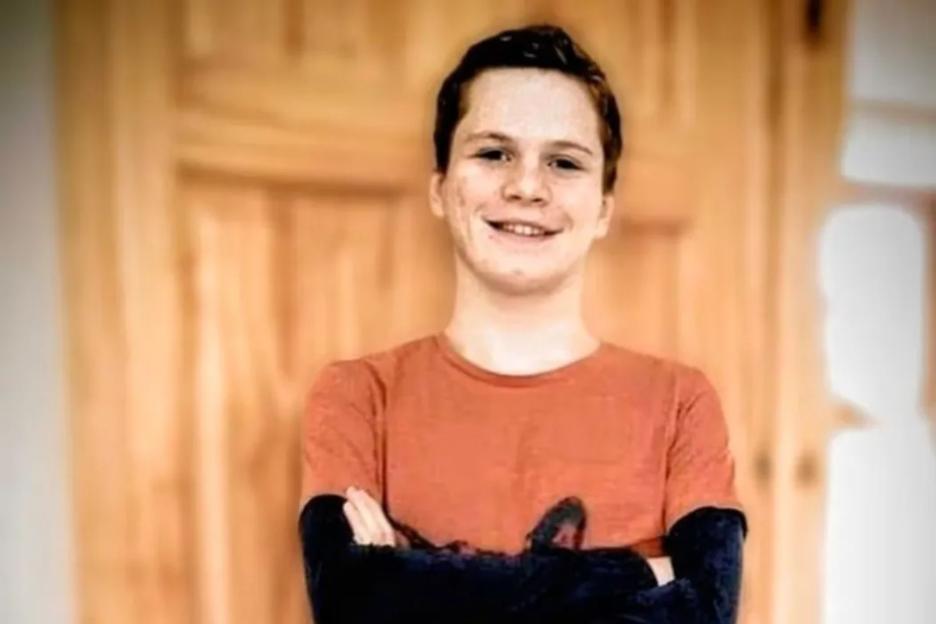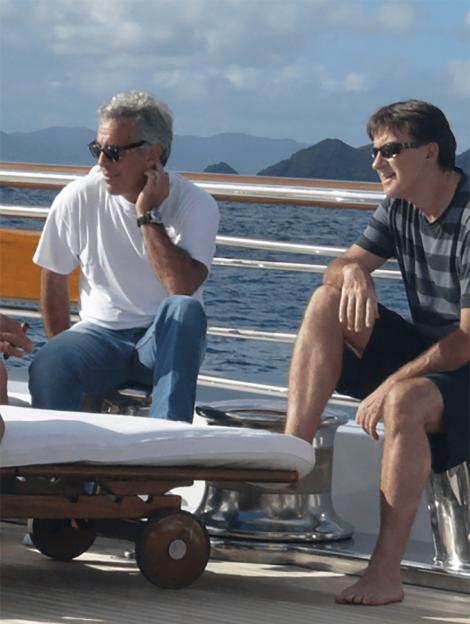Table of Contents
THE Line, regarded by Saudi Arabia’s leaders as the crown jewel of the kingdom’s $2 trillion economic transformation, has suspended its plans after overspending.
The outlook for the ambitious 1,600-foot tall city seems to have significantly shifted, as officials admit they hastily moved forward, resulting in financial deficits.
 The project has faced numerous delays and challenges.
The project has faced numerous delays and challenges.
 The outlook for the ambitious 1,600-foot tall city seems to have significantly shifted.
The outlook for the ambitious 1,600-foot tall city seems to have significantly shifted.
 NEOM was unveiled as part of Saudi Crown Prince Mohammad bin Salman’s Vision 2030 in 2017.
NEOM was unveiled as part of Saudi Crown Prince Mohammad bin Salman’s Vision 2030 in 2017.
The linear city was initially designed to extend 106 miles inland from the Red Sea resort of Neom, but now Riyadh has taken a significant step back from their Vision 2030 strategy.
Officials have acknowledged a pause in their plans for the strategy, which aims to shift the kingdom’s economy away from oil dependency towards growth in tourism, technology, and sporting events.
During a key investment forum in Riyadh last week, an official remarked: “We have overspent.”
“We rushed in at full speed. We are facing deficits. We need to reassess our priorities.”
Established in 2016, Riyadh invested hundreds of billions into high-profile projects like The Line, intended to be a model for future living.
This extravagant settlement was proposed to feature no cars, no streets, and no carbon emissions, accommodating a population of nine million.
Earlier this year, reports indicated that the project's scope had been drastically reduced by 99 percent, now planned to extend just 1.5 miles and house 300,000 residents instead of 1.5 million.
The Vision 2030 plan is based on the expectation that Saudi Arabia’s primary industry, oil, would remain priced at $100 per barrel or higher.
As of 2025, a barrel is priced around $60, and it has not reached triple digits for the past three years—a significant issue for Crown Prince Mohammed bin Salman.
This comes after years of rapid expansion and billions of dollars invested in “gigaprojects,” like The Line, which has been scaled back to only a few miles.
Jerry Inzerillo, an American executive and key advisor to the prince, stated that the nation is “making a course correction” due to the financial downturn.
Since oil contributes over half of the country's economy, there is now a necessity to be “more conservative,” he told The Times.
Jerry added: “Saudi Arabia is a very wealthy country, but there is a limit to how much it can spend relative to its GDP.”
Saudi Arabia urgently requested consulting firms to evaluate its plans for constructing the unconventional city and insiders informed Bloomberg that they inquired about the feasibility of The Line.
Neom previously stated: “As is common with large-scale, multi-year projects, strategic reviews are a standard practice and occur several times throughout the course of a major development project or infrastructure program.”
 Saudi Arabia urgently requested consulting firms to evaluate its plans for constructing the unconventional city.
Saudi Arabia urgently requested consulting firms to evaluate its plans for constructing the unconventional city.
 At a key investment forum last week, an official indicated they are facing deficits and must pause the construction.
At a key investment forum last week, an official indicated they are facing deficits and must pause the construction.
 A digital mock-up of one of the marinas planned for Neom.
A digital mock-up of one of the marinas planned for Neom.
“The Line remains a strategic priority, and Neom is committed to maintaining operational continuity, enhancing efficiencies, and accelerating progress to align with the overall vision and objectives of the project.”
Saudi officials faced criticism as they confirmed that the mountain resort of Trojena, which is set to host the 2029 Asian Winter Games, will also not be completed on time.
An official stated:







